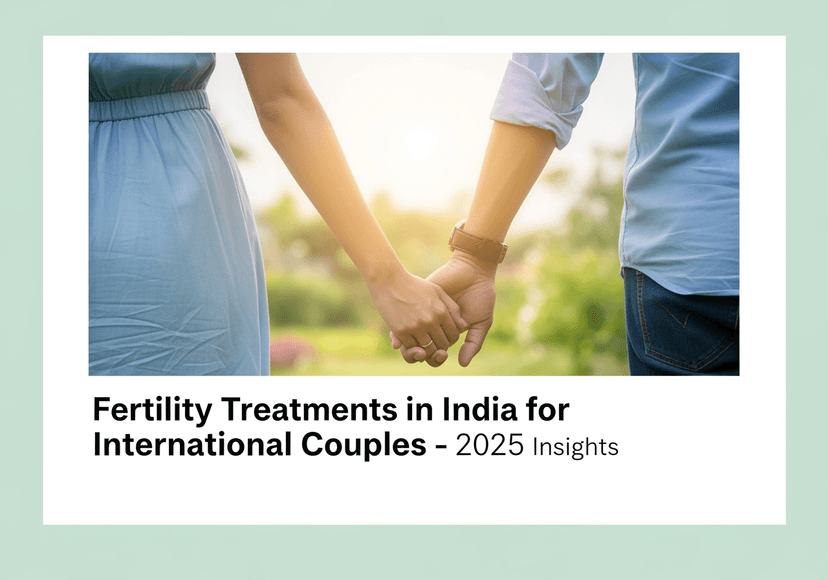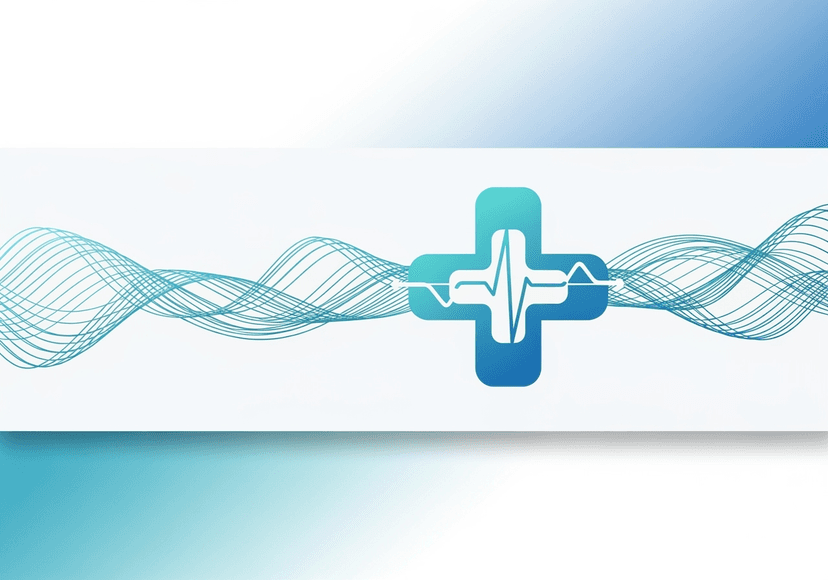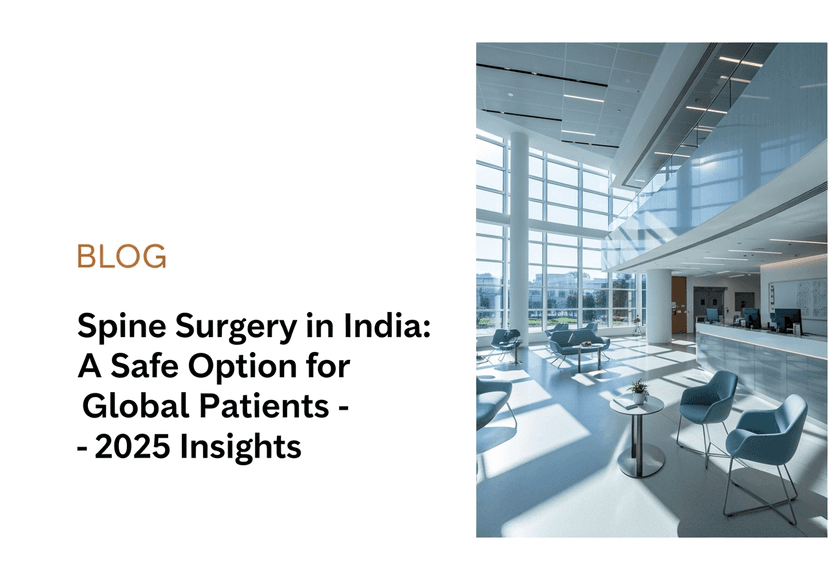
Optimizing IVF Medication Protocols in Thailand
03 Oct, 2023
 Healthtrip
HealthtripIn vitro fertilization (IVF) is a involves combining sperm and eggs outside the body in a laboratory dish. Once the eggs are fertilized, the resulting embryos are transferred to the uterus, where they hopefully implant and grow into babies.
What to expect during IVF medication protocol in Thailand?
The IVF medication protocol in Thailand can be a complex and emotional journey. It is important to be prepared for the physical and emotional demands of treatment.
Most popular procedures in India
Here are some things to expect during the IVF medication protocol in Thailand:
- Birth control pills: You will likely need to take birth control pills for several weeks before starting ovarian stimulation. This is to suppress the ovaries and ensure that all of the eggs are developing at the same rate.
- Injections: You will need to give yourself daily injections of FSH and LH hormones for 10-14 days. These injections stimulate the ovaries to produce multiple eggs.
- Blood tests and ultrasounds: You will need to have regular blood tests and ultrasounds to monitor your response to the medications and the development of your eggs.
- Egg retrieval: Egg retrieval is a minimally invasive procedure that is performed under sedation. The eggs are retrieved from the ovaries using a thin needle inserted through the vagina.
- Fertilization: The eggs are fertilized with sperm in a laboratory dish. This can be done using conventional insemination or ICSI.
- Embryo culture: The fertilized eggs are cultured in a laboratory incubator for 3-5 days.
- Embryo transfer: On day 3 or 5 of development, the embryos are transferred to the uterus.
IVF medication protocols vary depending on the individual's needs and the fertility clinic. However, most IVF protocols in Thailand follow a similar pattern.
Wellness Treatments
Give yourself the time to relax
Lowest Prices Guaranteed!

Lowest Prices Guaranteed!
Step 1: Ovarian stimulation
The first step in IVF is to stimulate the ovaries to produce multiple eggs. This is done using fertility medications, such as follicle-stimulating hormone (FSH) and luteinizing hormone (LH). FSH and LH are hormones that naturally stimulate the ovaries to produce eggs. By taking FSH and LH injections, women can produce more eggs than they would normally in a single cycle.
Ovarian stimulation typically lasts for 10-14 days. During this time, women will need to monitor their response to the medications with blood tests and ultrasounds.
Step 2: Egg retrieval
Once the eggs are mature, they are retrieved from the ovaries using a minimally invasive procedure called transvaginal ultrasound-guided oocyte retrieval (TVOR). TVOR is performed under sedation and takes about 30 minutes.
Step 3: Fertilization
The eggs are then fertilized with sperm in a laboratory dish. This can be done using one of two methods: conventional insemination or intracytoplasmic sperm injection (ICSI).
In conventional insemination, the sperm and eggs are placed together in a dish and allowed to fertilize naturally. In ICSI, a single sperm is injected directly into the egg. ICSI is often used for couples with male factor infertility.
Step 4: Embryo culture
Once the eggs are fertilized, they are cultured in a laboratory incubator. The embryos are monitored for development and graded based on their quality.
Step 5: Embryo transfer
On day 3 or 5 of development, the embryos are transferred to the uterus. This is done using a thin catheter inserted through the vagina and cervix. The embryo transfer procedure is painless and takes about 10 minutes.
IVF medication protocol in Thailand
- The most common IVF medication protocol in Thailand is the long-luteal protocol. This protocol involves using birth control pills to suppress the ovaries for several weeks before starting ovarian stimulation. This helps to ensure that the ovaries are completely synchronized and that all of the eggs are developing at the same rate.
- Once the birth control pills are stopped, ovarian stimulation begins with FSH and LH injections. The injections are typically given at night for 10-14 days. During this time, women will need to monitor their response to the medications with blood tests and ultrasounds.
- Once the eggs are mature, they are retrieved from the ovaries using TVOR. The eggs are then fertilized with sperm in a laboratory dish and cultured for 3-5 days. On day 3 or 5 of development, the embryos are transferred to the uterus.
Other IVF medication protocols in Thailand
In addition to the long-luteal protocol, there are a number of other IVF medication protocols that may be used in Thailand. These include:
- Short-luteal protocol: This protocol is similar to the long-luteal protocol, but the birth control pills are only taken for 5-7 days before starting ovarian stimulation.
- Microdose flare protocol: This protocol is used for women with low ovarian reserve. It involves starting ovarian stimulation with a very low dose of FSH and gradually increasing the dose over time.
- Antagonist protocol: This protocol is used to prevent premature ovulation. It involves adding an antagonist medication to the ovarian stimulation regimen starting on day 5-7.
- Mild stimulation protocol: This protocol is used for women who are at risk of overstimulating their ovaries. It involves using lower doses of FSH and LH injections and monitoring the response closely.
The best IVF medication protocol for you will depend on your individual needs and the fertility clinic's recommendations.
Side effects of IVF medication
IVF medications can cause a number of side effects, including:
- Ovarian hyperstimulation syndrome (OHSS): OHSS is a serious condition that can occur when the ovaries overreact to the stimulation medications. Symptoms of OHSS can include abdominal swelling, pain, nausea, vomiting, and shortness of breath.
- Multiple pregnancy: If more than one embryo is transferred to the uterus, there is a risk of multiple pregnancy. Multiple pregnancies can be more dangerous than singleton pregnancies for both the mother and babies.
- Miscarriage: Like any pregnancy, IVF pregnancies are at risk of miscarriage.
- Birth defects: The risk of birth defects is slightly higher in IVF babies than in babies conceived naturally. However, the overall risk is still very low.
Success rates of IVF in Thailand
The success rates of IVF in Thailand are comparable to those in other developed countries. The average success rate for IVF in Thailand is 50-60%. However, the success rate can vary depending on the individual's age, ovarian reserve, and other factors.
Factors that can affect the success rate of IVF:
- Age: The success rate of IVF decreases with age. Women under 35 have the highest success rates, while women over 40 have the lowest success rates.
- Ovarian reserve: Ovarian reserve is the number and quality of eggs remaining in the ovaries. Women with low ovarian reserve have lower success rates with IVF.
- Cause of infertility: The cause of infertility can also affect the success rate of IVF. Couples with male factor infertility or unexplained infertility have higher success rates than couples with female factor infertility.
In summation, IVF medication protocols are the cornerstone of fertility treatments in Thailand. By comprehending the intricacies of the process, recognizing potential risks, and harnessing the available support, couples can embark on their path to parenthood with unwavering confidence. Remember that each individual's experience is unique, necessitating consultations with fertility experts to craft a tailored IVF protocol tailored to your specific requirements and aspirations.
Read Also IVF Options for Single Women in Thailand (healthtrip.com)
Related Blogs

India’s Best Eye Hospitals for International Patients – 2025 Insights
Explore india’s best eye hospitals for international patients – 2025

Benefits of Combining Medical Treatment with Wellness Retreats – 2025 Insights
Explore benefits of combining medical treatment with wellness retreats –

Fertility Treatments in India for International Couples – 2025 Insights
Explore fertility treatments in india for international couples – 2025

How Nepalese Patients Can Access Advanced Healthcare in India – 2025 Insights
Explore how nepalese patients can access advanced healthcare in india

Spine Surgery in India: A Safe Option for Global Patients – 2025 Insights
Explore spine surgery in india: a safe option for global

Affordable Orthopedic Treatment in India: What to Expect – 2025 Insights
Explore affordable orthopedic treatment in india: what to expect –










